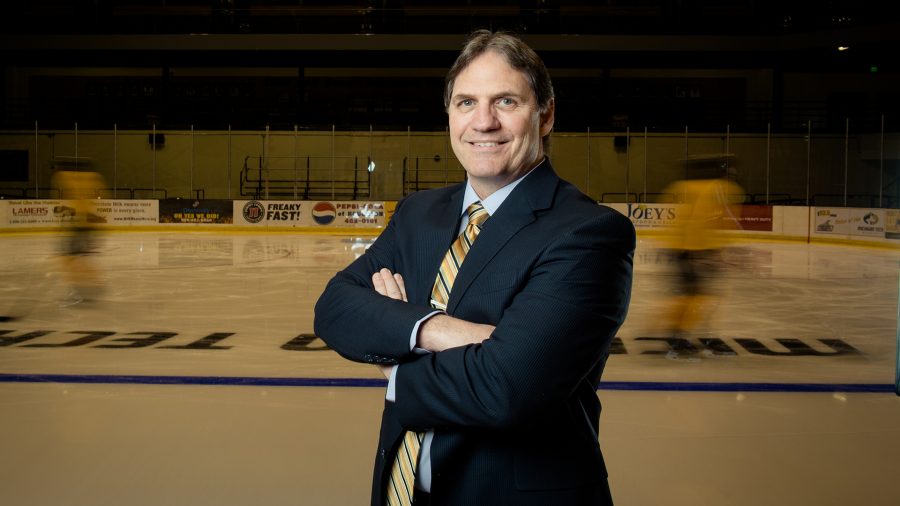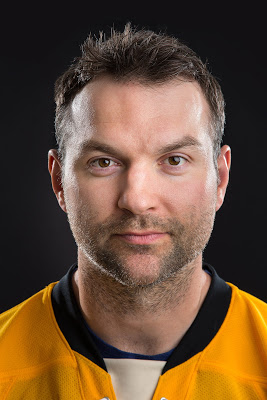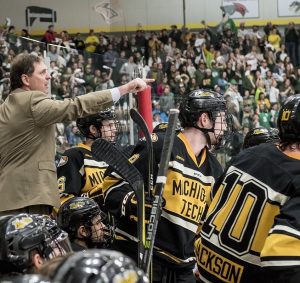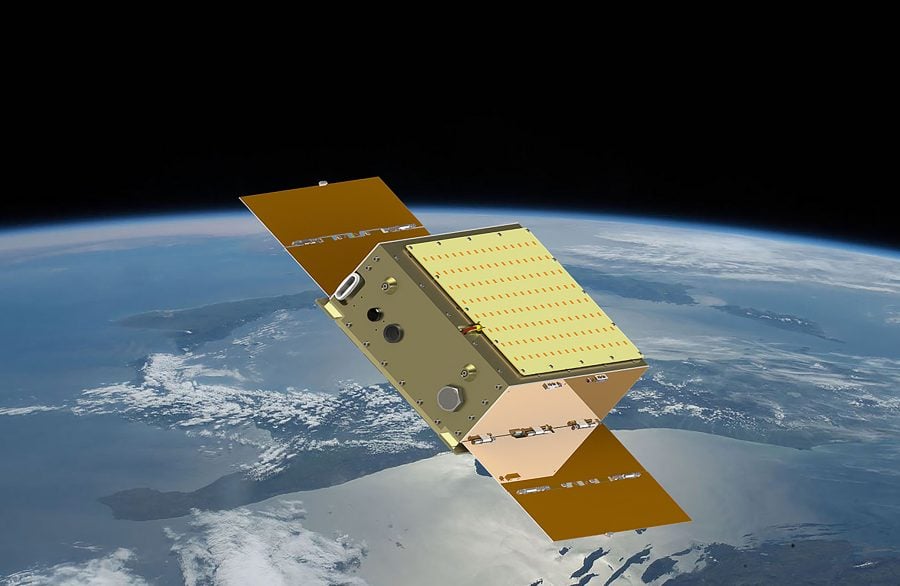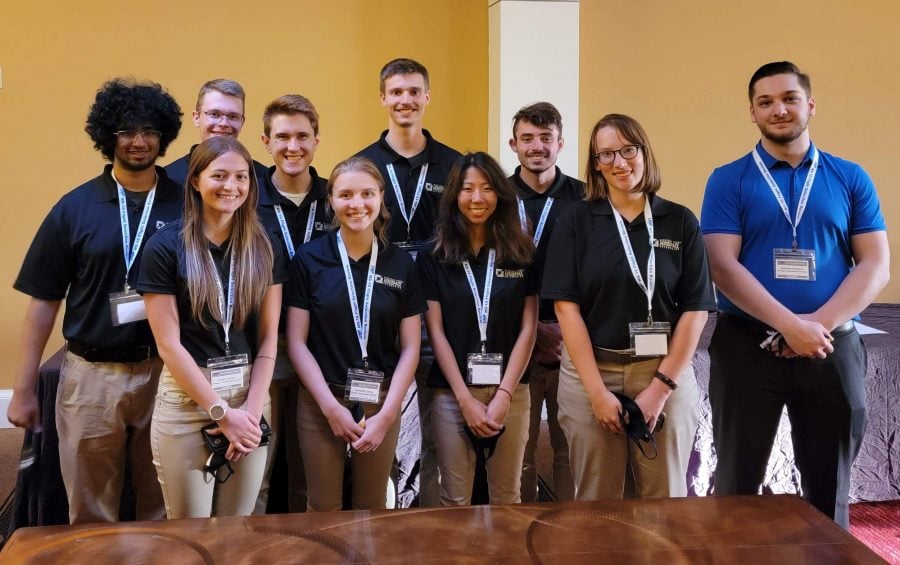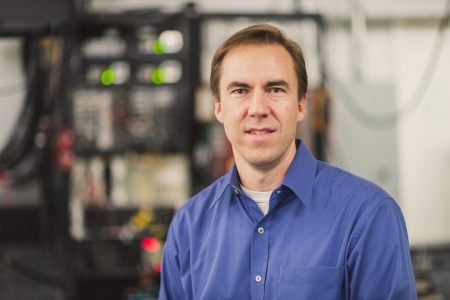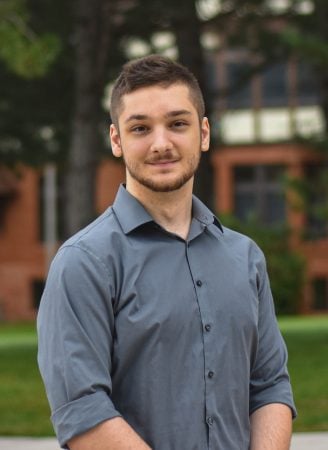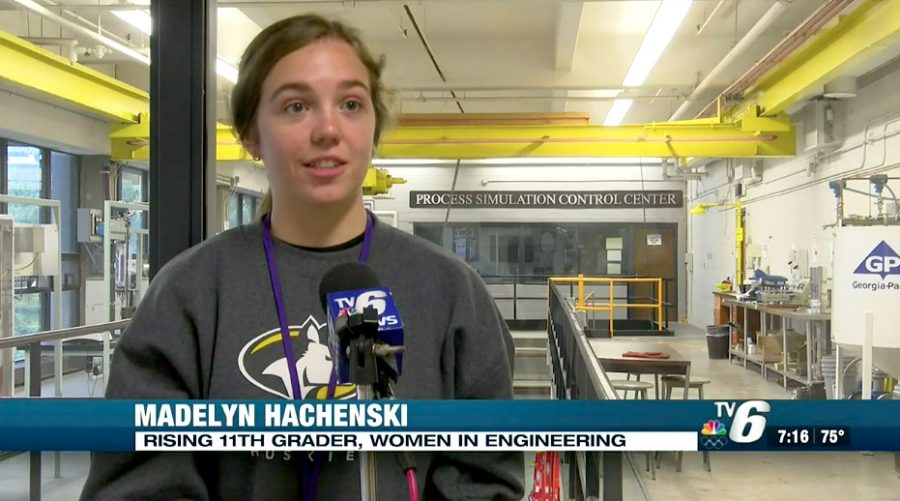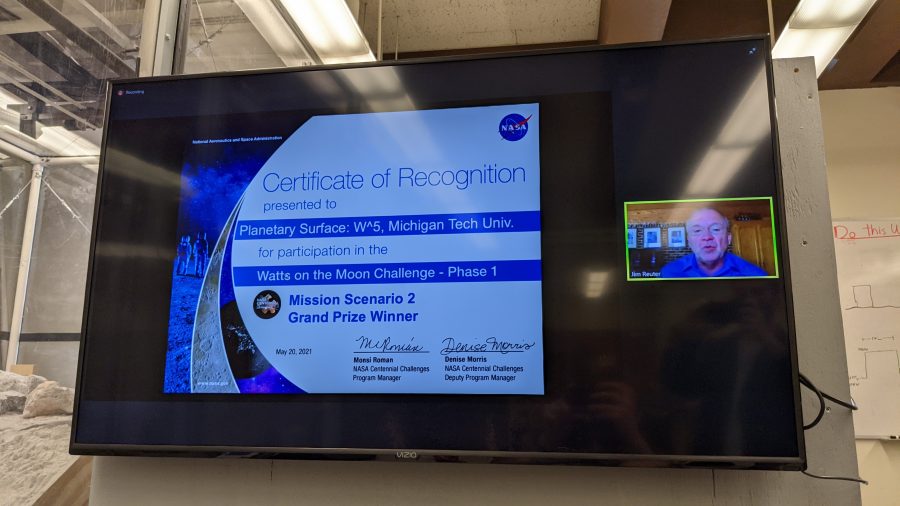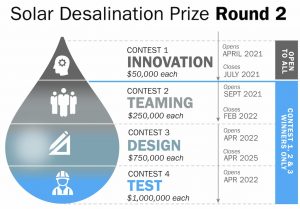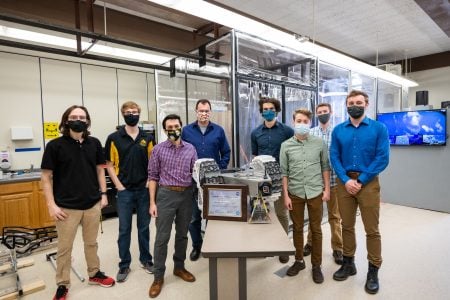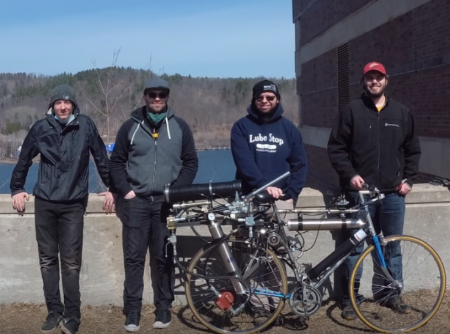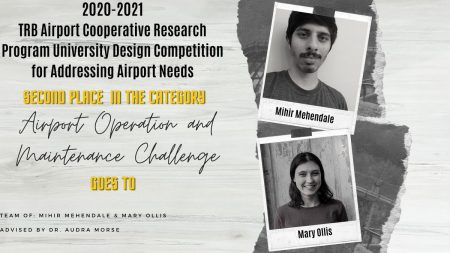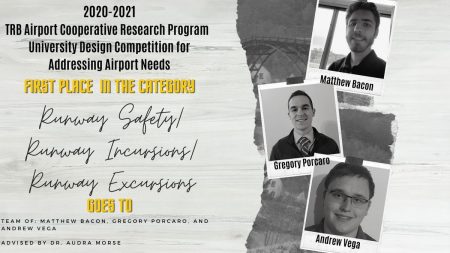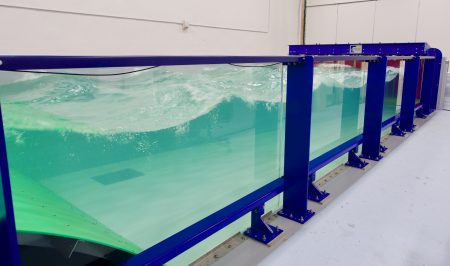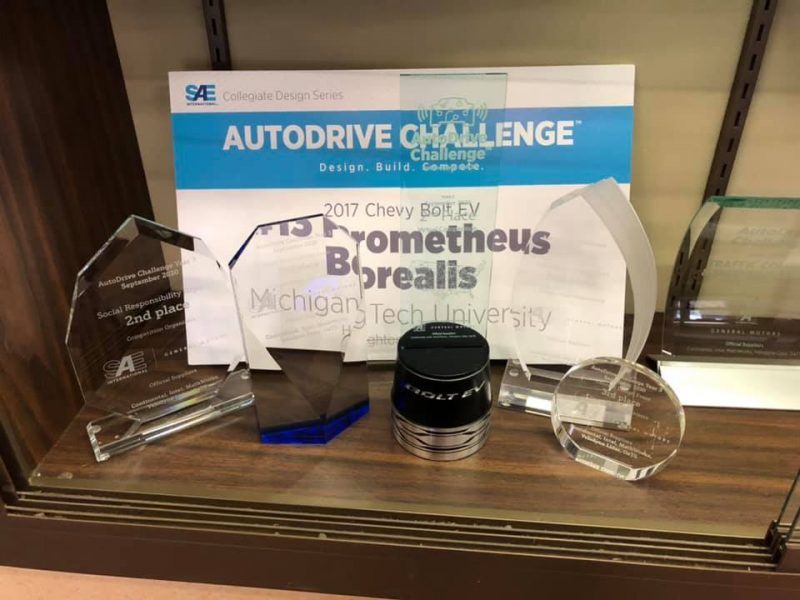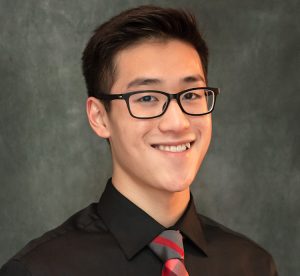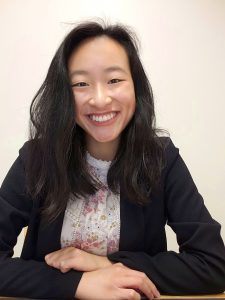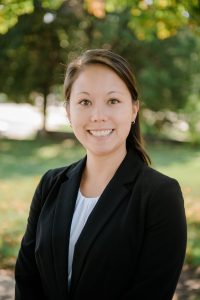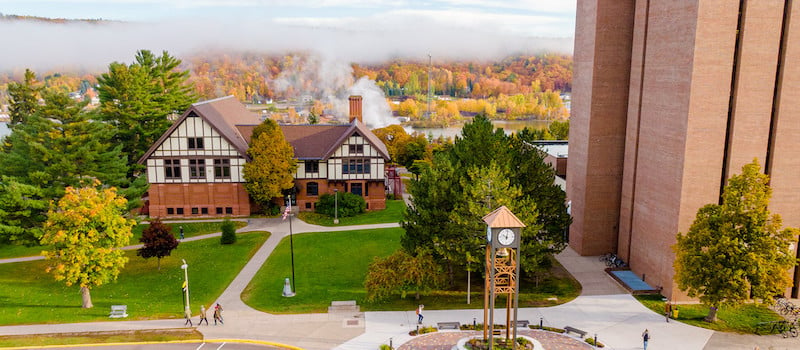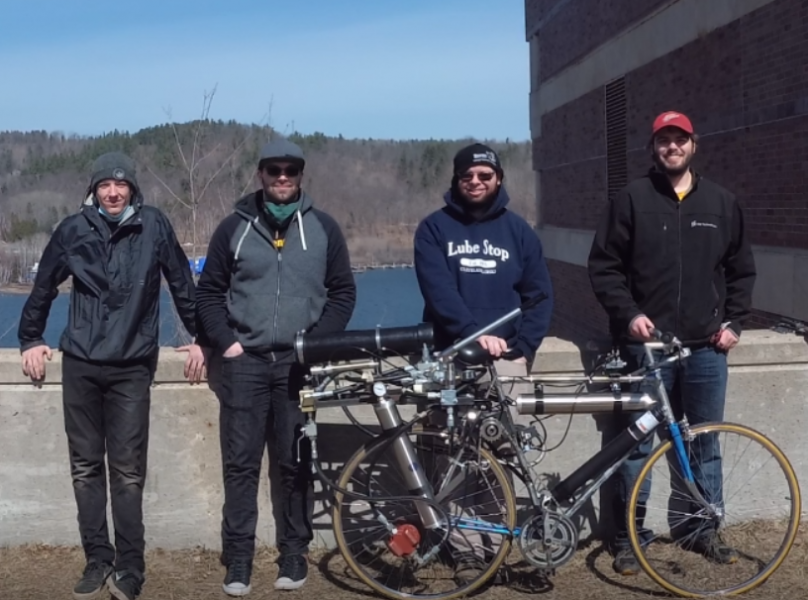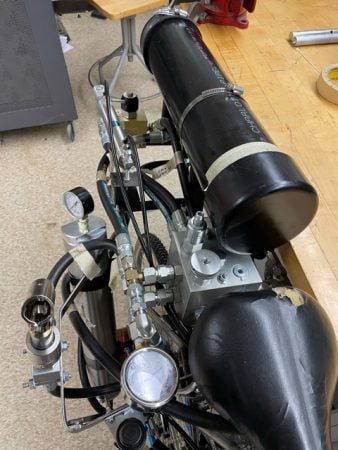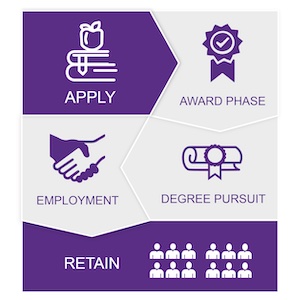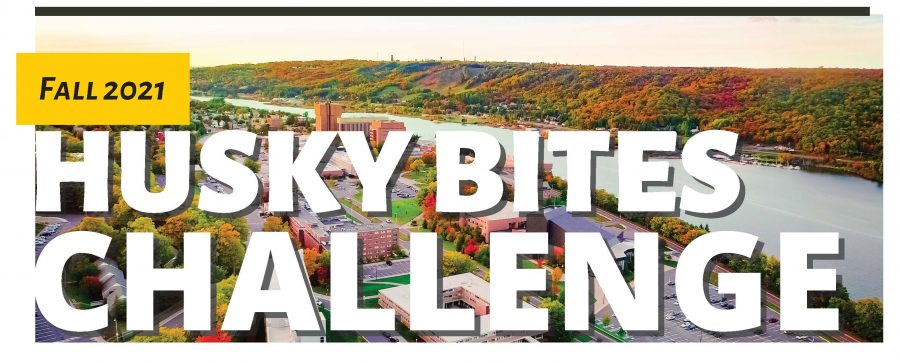

Do you know a 9th or 10th grader up for a challenge? Here’s one they can take this fall! Sign up by Monday, Sept. 20.
At Michigan Tech, the College of Engineering and Center for Educational Outreach have teamed up to offer a free, six-week, virtual design challenge for 9th and 10th graders. Students will hear from leaders in the field of sustainability design and engineering via Husky Bites, a free 20 minute(or so) interactive Zoom webinar hosted by College of Engineering Dean Janet Callahan. They’ll be mentored by current Michigan Tech students and work as a team to put forward a design proposal for a U.S. Green Building Council (USGBC) LEED-certified school. Registration for the Husky Bites challenge is free, with great prizes, and students are welcome to register individually or as a team.
LEED is short for Leadership in Energy and Environmental Design, the most widely used green building rating system in the world. LEED provides a framework for healthy, highly efficient, and cost-saving green buildings with some very cool features.
Registration for this virtual challenge is free, and students are welcome to register individually or as a team. The deadline is Monday, September 20, but may be extended.
